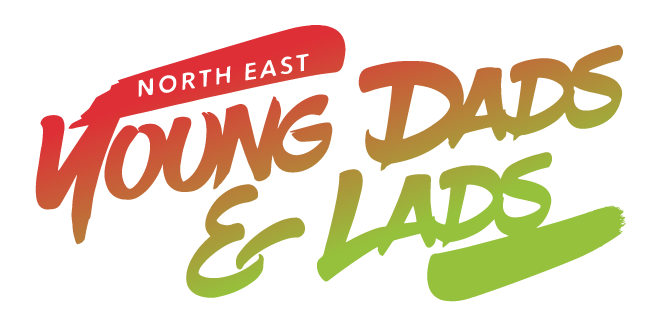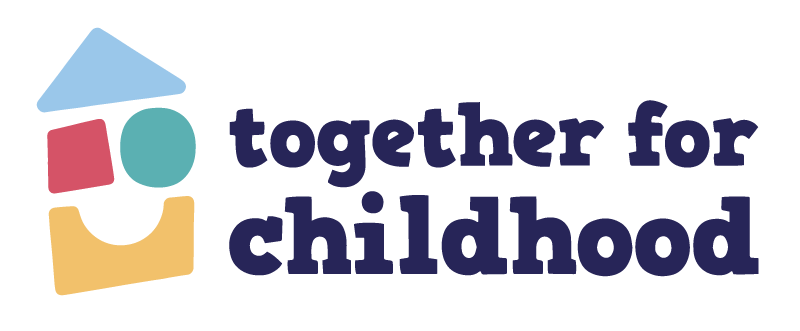Research with us
Following Young Fathers Further is producing a wide range of data and outputs that can support students, both undergraduate and postgraduate, with their degrees, including assessments and independent study. If you are a current student, we provide detailed information on this page about how the research may benefit you.
For undergraduate researchers
If you require information about the ongoing findings from our research, then you may find our books, peer reviewed journal articles and working papers useful. These papers present our emerging findings and focus on key themes that we are exploring in our work. This includes the impacts of the COVID-19 pandemic on young fathers and on professionals.
While the working papers are not yet peer reviewed, they provide cutting edge knowledge and information about our findings and form the basis for the peer reviewed materials that we do expect to publish from the study in coming years.
We also have a page of research resources that you might use as a template for your own primary research. This includes templates for data archiving consent forms and our accessible participant information video which we produced to support our research at a distance.
If you are interested in conducting a qualitative secondary analysis for your dissertation or assignments there are opportunities to access existing data from our baseline study, Following Young Fathers. At the conclusion of the study we also intend to archive the data we produce to support students and researchers with the re-use of existing qualitative data. You can learn more about Timescapes and the Timescapes Archive on their website.
Study Director Prof. Anna Tarrant has published an edited collection with Sage about the possibilities for, and methods of, qualitative data re-use and qualitative secondary analysis with Dr Kahryn Hughes, Director of the Timescapes Archive.

Order here
PhD supervision and doctoral scholarship
We are keen to promote and support opportunities for doctoral research and study director Prof. Anna Tarrant welcomes proposals for PhD research. She is especially interested in supervising projects linked to any of the following topics:
- fatherhood and fathering
- young parenthood
- promoting father-inclusive, gender transformative practice
- men and masculinities
- the lifecourse
- family sociology
- qualitative longitudinal methodologies and qualitative secondary analysis
The team are especially keen to support projects that advance methods of qualitative secondary analysis using existing data generated for the Following Young Fathers study. If you have an idea for a PhD please contact Anna to discuss your idea. For more information about how to apply, please visit the University of Lincoln website here.




